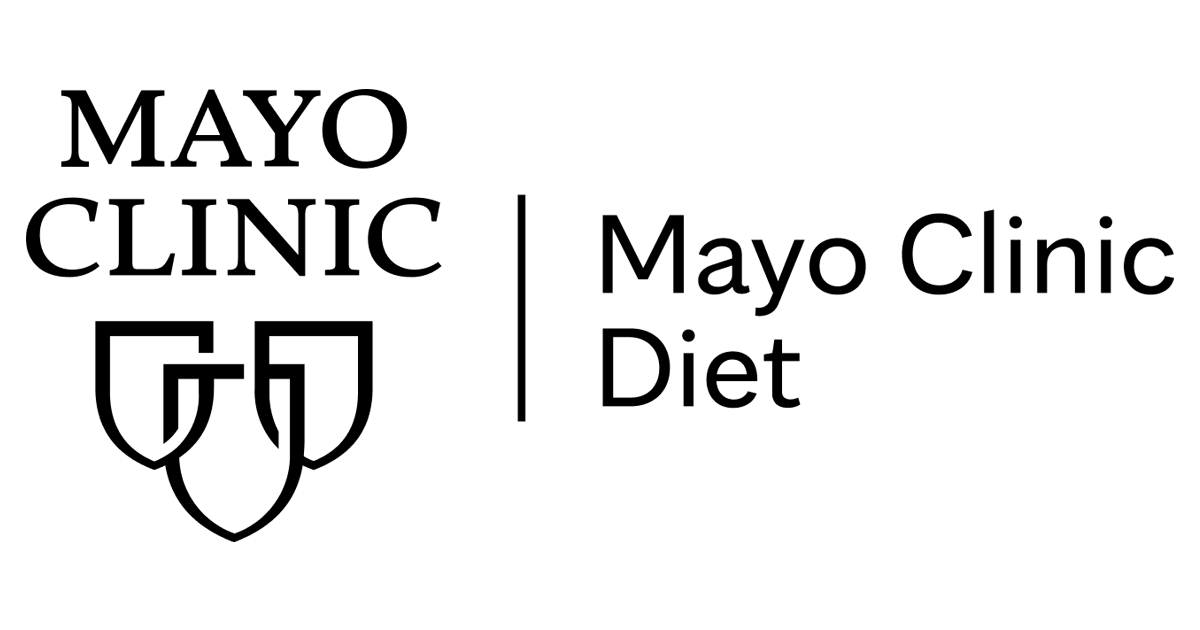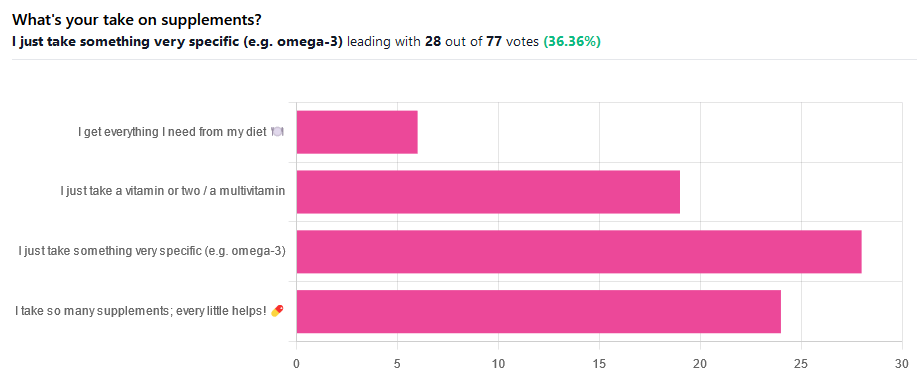
Today’s almonds have been activated by:
Loading Screen Tip: next time you go shopping, find a fruit or vegetable you’ve never tried before, and enjoy something new.

⏰ IN A RUSH?
Today’s 30-Second Summary
If you don’t have time to read the whole email today, here are some key takeaways:
Kefir and kombucha are top-tier probiotics, but what if you don’t like dairy, or the interesting taste of kombucha?
Today’s featured video shows how to do DIY probiotic drinks that are dairy-free and refreshing
Food today is often less nutritious, gram-for-gram, than food of decades past
This is because food products have been bred for size, while the base nutrient input (e.g. in fertilizer or animal feed) has remained the same, so a sort of “dilution effect” occurs.
While nutritional deficiencies are common, one can also have too much of a good thing.
While toxic overdoses of vitamins are typically associated with supplement usage, it’s actually incredibly hard to balance especially some mineral intakes (and vitamin D) by diet alone.
Multivitamins are often not that helpful against specific diseases, unless you have a specific condition (and/or restricted diet) that resulted in a deficiency.
Herbal supplements contain compounds not found in your average supermarket, and really must be judged on a case-by-case basis
That’s what our Research Review Monday editions of 10almonds tend to focus on!
Losing weight (healthily!) can be a challenge. Keeping that weight off can be even harder.
Today’s sponsor, the Mayo Clinic Diet, is a medically-backed, globally-trusted method that focuses on changing your daily routine by adding and breaking habits that make a difference to your weight.
Read on to learn about these things and more…

👀 WATCH AND LEARN
Make Your Own Probiotics!
If we kindly overlook the mispronunciation (it’s kefir, not “keefer”), this drink is a great idea for those who would like the benefits of kefir, but aren’t fans of dairy, and/or would simply like something more refreshing:

💊 MAIN FEATURE
Does our diet need a little help?
We asked you for your take on supplements, and got the above-illustrated, below-described set of results.
The largest minority of respondents (a little over a third) voted for "I just take something very specific"
The next most respondents voted for "I take so many supplements; every little helps!"
Almost as many voted for "I just take a vitamin or two / a multivitamin"
Fewest, about 8%, voted for "I get everything I need from my diet"
But what does the science say?
Food is less nutritious now than it used to be: True or False?
True or False depending on how you measure it.
An apple today and an apple from a hundred years ago are likely to contain the same amounts of micronutrients per apple, but a lower percentage of micronutrients per 100g of apple.
The reason for this is that apples (and many other food products; apples are just an arbitrary example) have been selectively bred (and in some cases, modified) for size, and because the soil mineral density has remained the same, the micronutrients per apple have not increased commensurate to the increase in carbohydrate weight and/or water weight. Thus, the resultant percentage will be lower, despite the quantity remaining the same.
We’re going to share some science on this, and/but would like to forewarn readers that the language of this paper is a bit biased, as it looks to “debunk” claims of nutritional values dropping while skimming over “yes, they really have dropped percentage-wise” in favor of “but look, the discrete mass values are still the same, so that’s just a mathematical illusion”.
The reality is, it’s no more a mathematical illusion than is the converse standpoint of saying the nutritional value is the same, despite the per-100g values dropping. After all, sometimes we eat an apple as-is; sometimes we buy a bag of frozen chopped fruit. That 500g bag of chopped fruit is going to contain less copper (for example) than one from decades past.
Here’s the paper, and you’ll see what we mean:
Supplements aren’t absorbed properly and thus are a waste of money: True or False?
True or False depending on the supplement (and your body, and the rest of your diet)
Many people are suffering from dietary deficiencies of vitamins and minerals, that could be easily correctable by supplementation:
However, as this study by Dr. Fang Fang Zhang shows, a lot of vitamin and mineral supplementation does not appear to have much of an effect on actual health outcomes, vis-à-vis specific diseases. She looks at:
Cardiovascular disease
Cancer
Type 2 diabetes
Osteoporosis
Her key take-aways from this study were:
Randomised trial evidence does not support use of vitamin, mineral, and fish oil supplements to reduce the risk of non-communicable diseases
People using supplements tend to be older, female, and have higher education, income, and healthier lifestyles than people who do not use them
Use of supplements appreciably reduces the prevalence of inadequate intake for most nutrients but also increases the prevalence of excess intake for some nutrients
Further research is needed to assess the long term effects of supplements on the health of the general population and in individuals with specific nutritional needs, including those from low and middle income countries
Read her damning report: Health effects of vitamin and mineral supplements
On the other hand…
This is almost entirely about blanket vitamin-and-mineral supplementation. With regard to fish oil supplementation, many commercial fish oil supplements break down in the stomach rather than the intestines, and don’t get absorbed well. Additionally, many people take them in forms that aren’t pleasant, and thus result in low adherence (i.e., they nominally take them, but in fact they just sit on the kitchen counter for a year).
One thing we can conclude from this is that it’s good to check the science for any given supplement before taking it, and know what it will and won’t help for. Our “Monday Research Review” editions of 10almonds do this a lot, although we tend to focus on herbal supplements rather than vitamins and minerals.
We can get everything we need from our diet: True or False?
Contingently True (but here be caveats)
In principle, if we eat the recommended guideline amounts of various macro- and micro-nutrients, we will indeed get all that we are generally considered to need. Obviously.
However, this may come with:
Make sure to get enough protein… Without too much meat, and also without too much carbohydrate, such as from most plant sources of protein
Make sure to get enough carbohydrates… But only the right kinds, and not too much, nor at the wrong time, and without eating things in the wrong order
Make sure to get enough healthy fats… Without too much of the unhealthy fats that often exist in the same foods
Make sure to get the right amount of vitamins and minerals… We hope you have your calculators out to get the delicate balance of calcium, magnesium, potassium, phosphorus, and vitamin D right.
That last one’s a real pain, by the way. Too much or too little of one or another and the whole set start causing problems, and several of them interact with several others, and/or compete for resources, and/or are needed for the others to do their job.
And, that’s hard enough to balance when you’re taking supplements with the mg/µg amount written on them, never mind when you’re juggling cabbages and sardines.
On the topic of those sardines, don’t forget to carefully balance your omega-3, -6, and -9, and even within omega-3, balancing ALA, EPA, and DHA, and we hope you’re juggling those HDL and LDL levels too.
So, when it comes to getting everything we need from our diet, for most of us (who aren’t living in food deserts and/or experiencing food poverty, or having a medical condition that restricts our diet), the biggest task is not “getting enough”, it’s “getting enough of the right things without simultaneously overdoing it on the others”.
With supplements, it’s a lot easier to control what we’re putting in our bodies.
And of course, unless our diet includes things that usually can’t be bought in supermarkets, we’re not going to get the benefits of taking, as a supplement, such things as:
Etc.
So, there definitely are supplements with strong science-backed benefits, that probably can’t be found on your plate!

❤ OUR SPONSORS MAKE THIS PUBLICATION POSSIBLE
Mayo Clinic Diet: effective, practical, and healthy weight loss
Losing weight (healthily!) can be a challenge. Keeping that weight off can be even harder. But, you don't have to do it alone:
The Mayo Clinic Diet is a medically-backed, globally-trusted method that focuses on changing your daily routine by adding and breaking habits that make a difference to your weight.
The benefits are far more than we could list here, but include:
A new digital platform that has helped members lose 3x more weight
A quick-start "lose it!" phrase, where members can lose 6–12 lbs in 2 weeks
Meal plan options that include healthy keto, high protein, vegetarian, and Mediterranean
See also: General Info | Pricing | How it Works | Free Diet Assessment
Please do visit our sponsors—they help keep 10almonds free

🌎 AROUND THE WEB
What’s happening in the health world…
Pharmacy discount card programs could save patients millions of dollars
New blood test pinpoints Parkinson's disease through mitochondrial DNA damage
Study suggests single dose of psilocybin safe and effective as treatment for major depressive disorder
SARS-CoV-2 spike protein could be speeding up Alzheimer's and other brain diseases, says new study
Experts call for changes to how drugs are tested and labeled for people with obesity
Global partnership aims to alleviate age-related functional declines and promote healthy aging
Artificial Intelligence may influence whether you can get pain medication
More to come tomorrow!

📖 ONE-MINUTE BOOK REVIEW
Ultra-Processed People: The Science Behind Food That Isn't Food – by Dr. Chris van Tulleken
It probably won't come as a great surprise to any of our readers that ultra-processed food is—to make a sweeping generalization—not fabulous for the health. So, what does this book offer beyond that?
Perhaps this book's greatest strength is in showing not just what ultra-processed foods are, but why they are. In principle, food being highly processed should be neither good nor bad by default. Much like GMOs, if a food is modified to be more nutritious, that should be good, right?
Only, that's mostly not what happens. What happens instead is that food is modified (be it genetically or by ultra-processing) to be cheaper to produce, and thus maximise the profit margin.
The addition of a compound that increases shelf-life but harms the health, increases sales and is a net positive for the manufacturer, for instance. Dr. van Tulleken offers us many, many, examples and explanations of such cost-cutting strategies at our expense.
In terms of qualifications, the author has an MD from Oxford, and also a PhD, but the latter is in molecular virology; not so relevant here. Yet, we are not expected to take an "argument from authority", and instead, Dr. van Tulleken takes great pains to go through a lot of studies with us—the good, the bad, and the misleading.
If the book has a downside, then this reviewer would say it's in the format; it's less a reference book, and more a 384-page polemic. But, that's a subjective criticism, and for those who like that sort of thing, that is the sort of thing that they like.

What did you think of today's newsletter?
May today see you wonderfully prepared for the coming weekend,
The 10almonds Team





